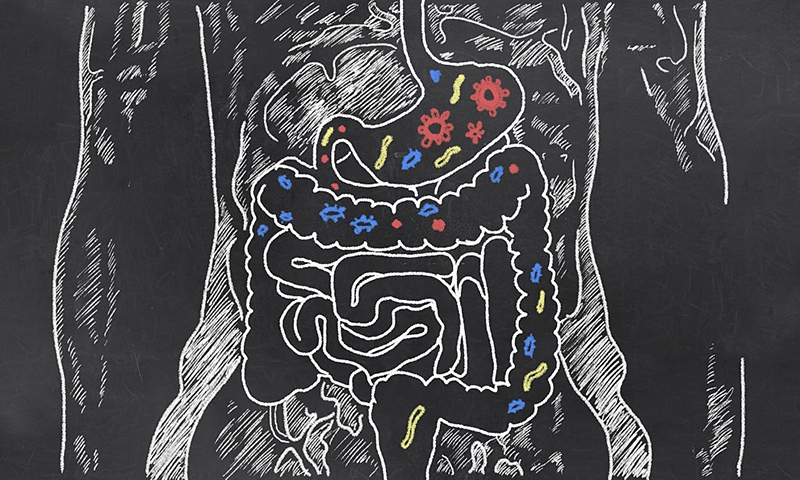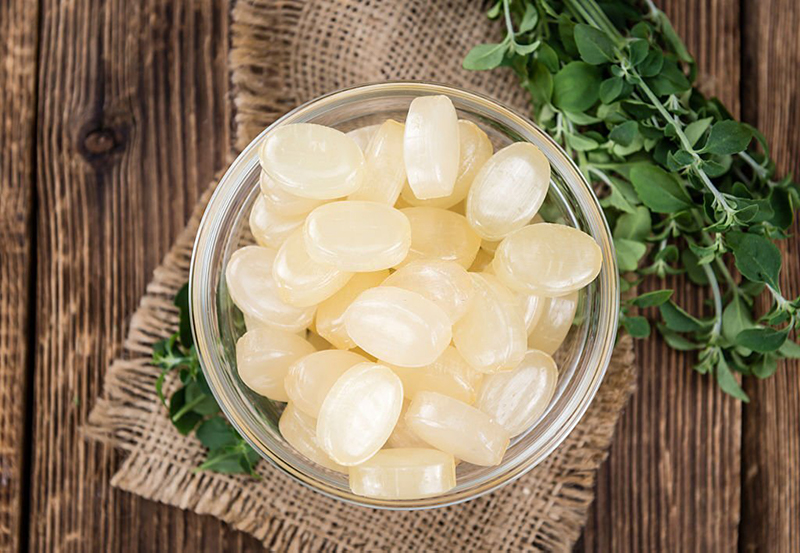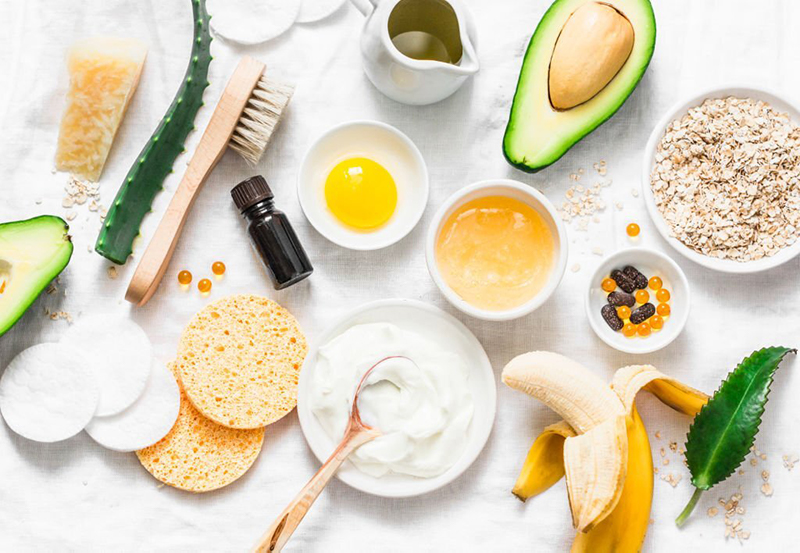WHAT ARE PROBIOTICS AND HOW DO THEY WORK?
Probiotics are live bacteria and yeasts that our bodies naturally contain. We normally associate bacteria with being harmful or causing disease, although our bodies are teeming with bacteria, both beneficial and bad. According to studies, there are at least one bacterial cell for every human cell in our bodies. Our microbiome is a collection of trillions of living creatures.
Probiotics can be found practically wherever in our surroundings, from our meals to the soil on our hands. Fermented foods like unpasteurized sauerkraut and kimchee, yogurts with “live active cultures,” and kombucha, a fizzy tea that tastes like an all-natural soda, are high in edible beneficial bacteria. Supplements containing probiotics are also available.
WHAT CAN THEY DO TO HELP?
The most prevalent use of probiotics is for intestinal health. You’ve probably seen advertising for probiotics promising relief from gas, bloating, constipation, diarrhea, and other gastrointestinal ailments you’d rather not experience on a first date. Probiotic research, on the other hand, is always changing, and we’re learning more and more every day. probioticseverything.com probiotic ingredients
According to Dr. Peeke, the billions of bacteria that occupy our microbiomes have been demonstrated to contribute to a variety of functions, including (but not limited to):
– Oral health promotion
– Mood enhancement
– Food is broken down to provide energy.
– Vitamins and neurotransmitters are made.
– Immune system enhancement
– promoting healthy fat metabolism
DO WE ACTUALLY REQUIRE MORE?
Why go out of our way to eat additional probiotics if they’re already present in our digestive systems? The gut microbiota of today is always under attack. probioticseverything.com probiotic ingredients
Chronic stress, food additives, a lack of fiber, and even overexposure to anti-bacterial products are just a few examples of modern-day factors that can disrupt the balance of bacteria in our gut.
Your microbiome is certainly on point if you’re a Zen monk living on top of a mountain and eating mostly kale. However, for those of us who live in the real world, where we have to deal with filthy subway railings, last-minute deadlines, and the occasional fast food urge, probiotics can provide a boost to our good bacteria. probioticseverything.com probiotic ingredients
WHERE DO PRE-BIOTICS FIT IN?
You may have heard about PRE-biotics in addition to all the buzz surrounding probiotics. What’s the difference between the two? According to Dr. Peeke, prebiotics are chemicals found in certain meals that humans cannot digest. They move past your stomach and into your small intestine, where bacteria feed on them. probioticseverything.com probiotic ingredients
Prebiotic fiber is abundant in the following foods:
Legumes, beans, and peas
Oats
Bananas
Berries
Jerusalem artichokes
Asparagus
Dandelion greens
Garlic
Leeks
Onions
SUPPLEMENT DECIPHERING
Perhaps you’re interested now. You’ve got a bottle of kombucha in the fridge, and you’ve even given that $9 jar of raw sauerkraut some thought. Supplements, on the other hand, are a different story. Why are there millions of germs in certain products but billions in others? What exactly is a CFU? What is the problem with refrigeration, anyway?
CFU stands for colony forming unit, and it’s a measurement of how many live bacteria are present in a supplement. probioticseverything.com probiotic ingredients
Many varieties of probiotic bacteria are quickly killed outside the body by exposure to light, heat, air, and time. Some people even claim that taking probiotics is pointless because the bacteria are killed by stomach acid. This is just partially correct.
If probiotic bacteria are not protected, the bulk of them will die — either on the shelf or in your stomach. probioticseverything.com probiotic ingredients
To ensure that at least some of the bacteria survives and reaches it to your stomach alive, some probiotic products must be refrigerated and contain large numbers of CFU.
Other probiotic products may not need to be refrigerated and may have a lower CFU count, usually because the bacteria have been protected in some way, either naturally or through a manufacturing process. Because the bacteria are safe, fewer CFU are required to obtain the same results. probioticseverything.com probiotic ingredients
TOP GUIDELINES FOR SELECTING A PROBIOTIC:
1. COUNT: Probiotics should have between 5 and 10 billion colony-forming units in order to be effective (CFU). Higher doses of CFU should be supervised by a healthcare practitioner, according to Dr. Peeke. probioticseverything.com probiotic ingredients
2. STRAINS: Dr. Peeke recommends looking for different strains. Over 10,000 different strains of bacteria have been identified in our gut, all of which work together to maintain our health. Because no single bacterial strain can do everything, take a supplement with some variety and attempt to eat a variety of probiotic foods.
3. SURVIVABILITY: Probiotic bacteria are alive, but they must be safeguarded because they are quickly killed by light, heat, air, and the harsh circumstances in your stomach. SmartyPants Probiotic Complete candies contain bacteria strains in spore form, which are naturally protected by microencapsulation and have been shown to have a 99 percent survival rate. To safeguard their microorganisms, other goods use time-release or chemical coating techniques. Refrigerated foods are typically not protected, but they do include high CFU counts to ensure that at least some bacteria reach your gut. Regardless, a good probiotic supplement will offer information about survivability on its label or website.
4. PREBIOTICS: While not required, some probiotic supplements include prebiotic fiber to feed the beneficial bacteria and aid in their growth and multiplication. You’re getting two probiotics for the price of one. probioticseverything.com
So there you have it: everything you’ll need to enter Whole Foods as the Master of Good Gut Bugs. Now we’d like to hear what you have to say. Do you supplement your diet with probiotics? If so, do you prefer fermented foods, supplements, or a combination of both?
Let us know if you have any more questions in the comments section below!







